A central heating PowerFlush is a process where a qualified gas registered heating technician uses a specialised flushing machine to force fluid and chemicals through the pipes of your central heating system, including your radiators and boiler. This allows any blockages caused by sludge, rust and debris to be flushed out from the system.
How does a Powerflush work?
Unlike a Chemical Flush, a PowerFlush works by connecting a pump to the central heating supply and fluid is pumped through the system at high pressure. Usually, the machine is attached at the pump head or circular pump depending of your boiler, depending if you have a combi boiler or system boiler.
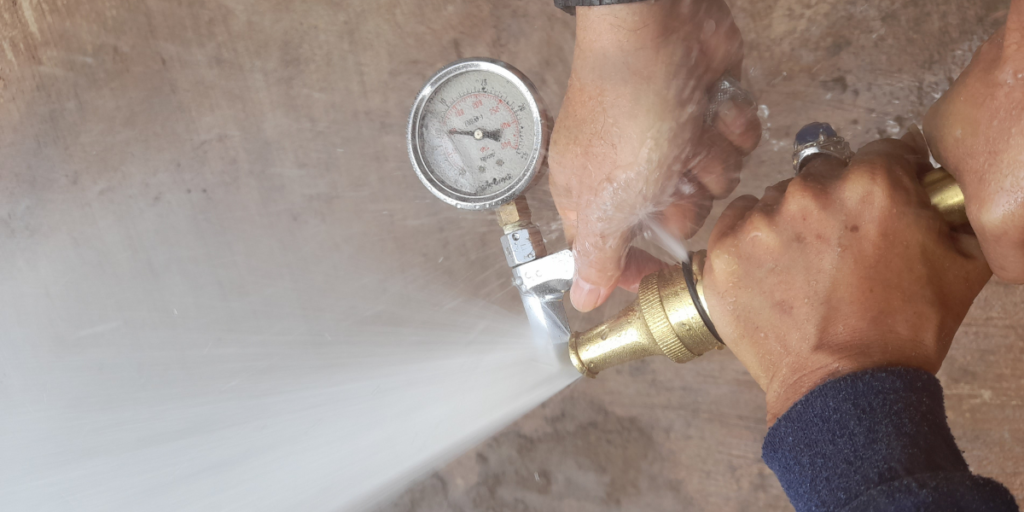
The machine then flushes the chemicals into the central heating system at high pressure. Once inside the system, the water passes through all the pipes and valves before being released back into the main supply. As it travels through the pipes, the water picks up any contaminants that are blocking them. These can include:
- Sludge – which forms when minerals build up over time in your water supply
- Rust – which builds up on the internal surfaces of your pipes as they age
- Debris – such as hair or dirt that has built up around the joints of your pipes
What Chemicals are used in a Powerflush?
The chemicals used during a PowerFlush have been specially designed to break down these blockages and help to prevent future problems with your central heating system. The chemicals used will vary depending on what type of central heating you have installed, but they can include:
- Anti-corrosion agents
- Cleaning agents
- Degreasing agents
- Drainage agents
- Flushing agents
- Polishing agents
- Rust inhibitors
- Scale removers
- Water softeners
How long does it take to PowerFlush a system?
It really depends on the size and type of your property, but for a three bed roomed house, a power flush could be done in approximately five to six hours depending on whether there’s an air venting system installed. Also, if there the parts that make up the system are defective — then replacements will be required which takes longer than usual. Nevertheless, the whole task shouldn’t last any longer than one day.
What is the purpose of a PowerFlush?
By removing trapped sludge and debris it improves the efficiency and lifespan of your boiler and central heating system as it prevents them from breaking down.
Once the radiators, pipes and boiler are clear of sludge the hot water can flow seamlessly through the system, ensuring economical and efficient heat transfer throughout your home. Regular maintenance, including power flushes, is the best way to ensure that your water heater stays in good working order.
When should you get a system Powerflush?
There are a few warning signs that you should look out for which may indicate that your system needs a Powerflush, these include:
- Your boiler stops producing enough hot water
- Radiator leakages
- Boiler constantly needs rebooting
- Your radiators are cold
- You notice a reduction in the temperature of your hot water
- There’s a noticeable increase in noise coming from your boiler
If you notice any of these signs then you may be due a flush of your system.
How often should I PowerFlush my system?
Typically, a heating system should be PowerFlushed every 5-7 years. However, this depends on how much use your system gets each year. If you’re using your boiler regularly, then you’ll need to PowerFlush more frequently than once every 5-6. For example, if you use your boiler every day, then it’s recommended that you’ll need a PowerFlush every 4-5 years.
How much does a Powerflush cost?
Typically, the price involved in flushing the system is around £300-£800. However, this will vary between different heating engineers in different parts of the country and there may be additional costs for the materials needed to carry out the job, such as replacement parts or specialist chemicals for your system.

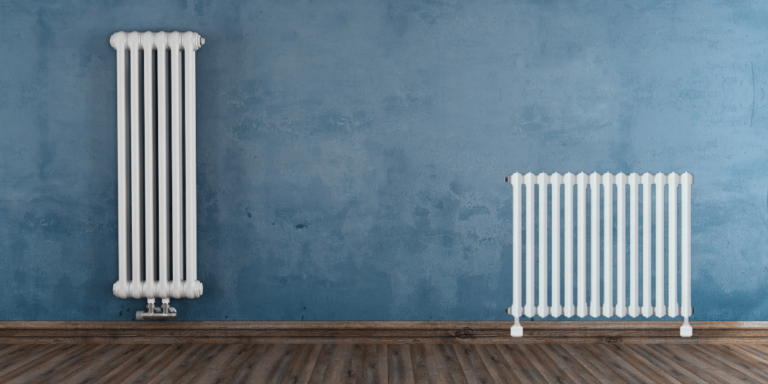
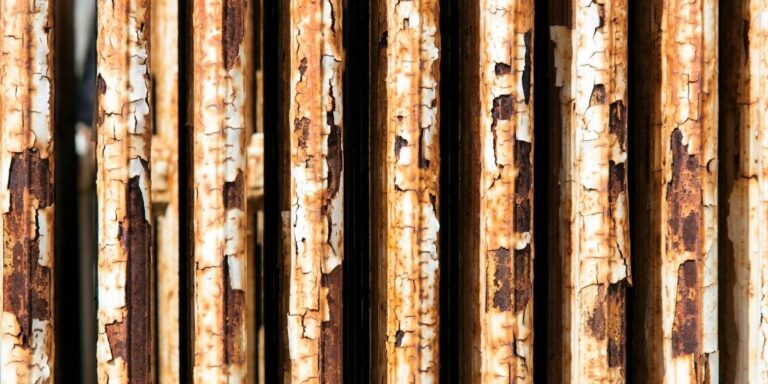
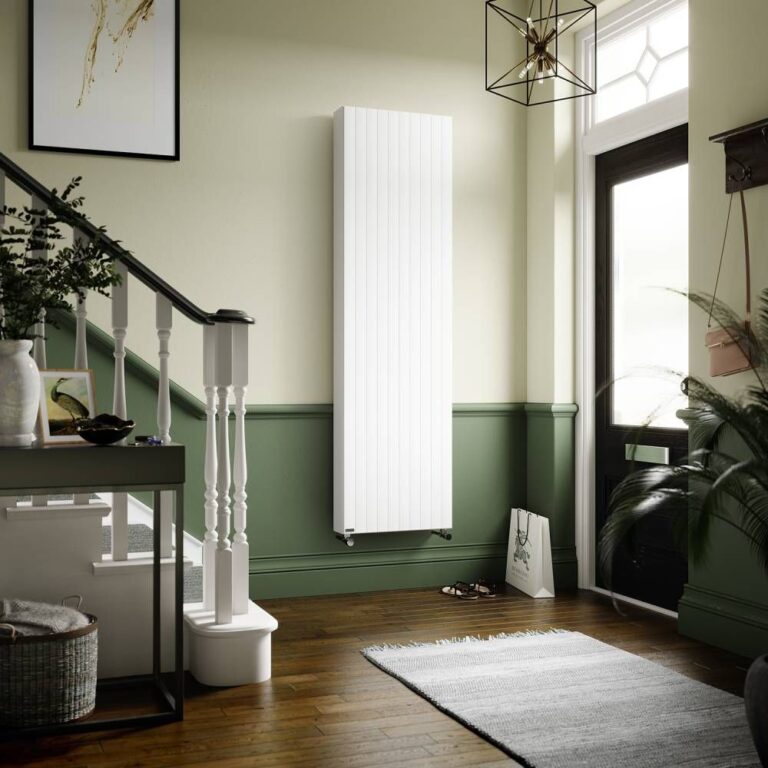
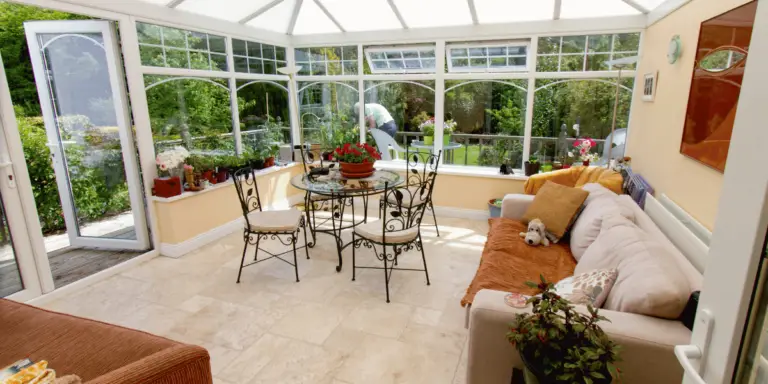
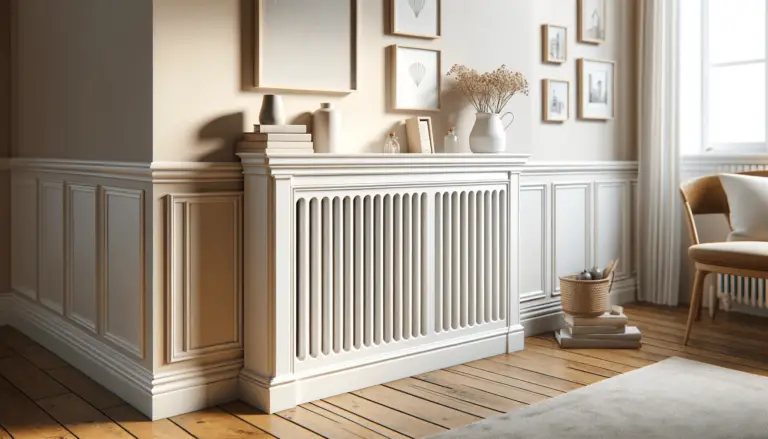
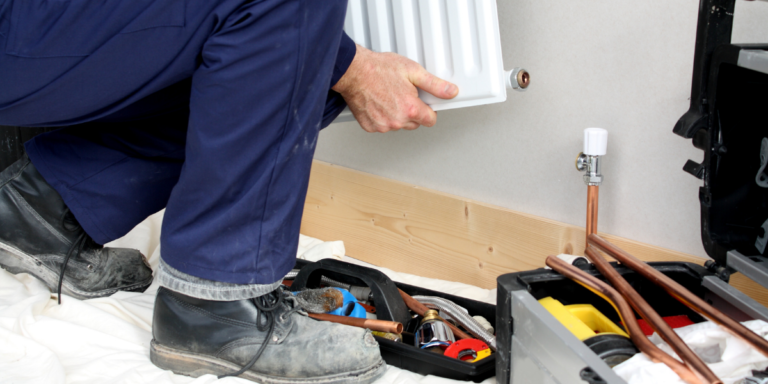
Been advised by plumbing supplier that a flush is a bad idea as it can cause joints to leak, as we have pipes buried in the floor this could be a major problem in our first floor apartment. What is your opinion?. Thanks Peter.
Hi Peter,
Thank you for getting in touch regarding flushing your pipes and apologies for the delayed response – It’s important to take all factors into consideration before making a decision.
If your heating system is already running efficiently, it may not be necessary to flush your pipes at this time. Additionally, it’s possible that your previous heating engineer may have used a central heating inhibitor to reduce the build-up of debris and rust in your pipes, which can also help to prolong the life of your heating system.
It’s essential to consult with a qualified plumber or heating engineer to assess the condition of your pipes and recommend the best course of action for your specific situation. They can advise you on whether a flush is necessary, and if so, how to perform it safely without causing any damage to your pipes or joints.
I hope this information helps, and if you have any further questions or concerns, please don’t hesitate to ask.
Warm wishes,
James